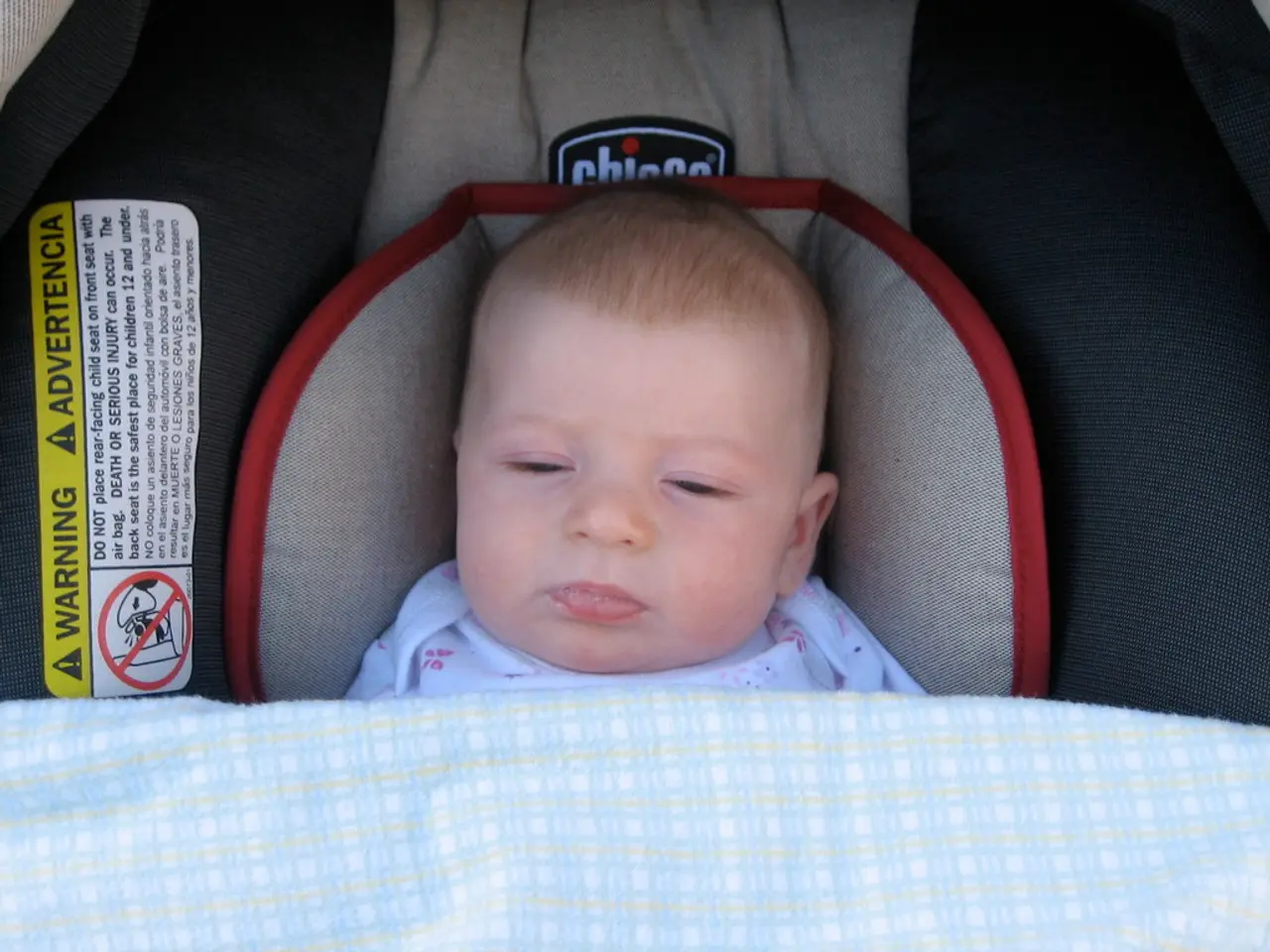More than one third of young Europeans are against having children.
European Youth Show Support for Fertility Preservation and Call for Improved Education
A recent survey, conducted by The Future Barometer, has shed light on the reproductive education and attitudes of young people across 12 European countries. The survey, which involved over 30,000 participants, has revealed several key trends regarding fertility preservation and reproductive health.
One of the most striking findings is the gap in reproductive education, as shown by the fact that approximately a third (33%) of young Europeans report having little or no information on factors influencing their fertility, despite 67% considering themselves well-informed about fertility overall [1]. This discrepancy is even more pronounced when compared to their knowledge about contraceptive methods, where 80% of the participants were found to be well-informed.
Another significant finding is that less than half (49%) of the surveyed young people said they had discussed reproductive health topics with a healthcare professional [1]. This lack of comprehensive reproductive health communication is concerning, especially considering the importance of such discussions in ensuring young people are well-informed about their reproductive health.
Despite these gaps in knowledge, the survey results indicate that economic insecurity and personal priorities lead about one-third of young Europeans to not want children, yet the desire for parenthood remains alive among the majority [1]. Crucially, around 70% of respondents believe that access to fertility preservation techniques (such as egg or sperm freezing) at a younger age would enhance personal freedom in deciding if and when to have children [1]. Furthermore, 77% argue that these fertility preservation options should be more publicly discussed to reduce stigma and increase informed choices [1].
The Future Barometer, developed by Merck, has sought to understand the expectations and concerns of younger generations about the future of Europe, including topics such as health, innovation, sustainability, and parenting. Over the past four years, the Future Barometer has tracked these evolving attitudes, underscoring the importance of fertility preservation in future reproductive autonomy for youth across Europe [1].
In summary, the survey indicates ongoing informational gaps in fertility education among European youth, coupled with strong support for greater access to and public discussion of fertility preservation options as a means of expanding reproductive choice [1]. The survey results suggest that a significant number of young people value the opportunity to preserve their fertility at a younger age for greater independence in family planning.
[1] Data sourced from The Future Barometer survey, developed by Merck.
In light of the survey findings, it's evident that while a substantial number of young Europeans are well-informed about contraceptive methods, there remains a significant gap in their knowledge about factors affecting fertility. This disparity highlights the need for improved education on reproductive health, including mental health, sexual health, health-and-wellness, and science-related topics concerning fertility.
Furthermore, the survey shows that a majority of young Europeans support the increased public discussion about fertility preservation techniques such as egg or sperm freezing, and believe these options would provide greater freedom in deciding if and when to have children, thus reflecting a call for comprehensive reproductive health education in science, mental health, sexual health, and overall health-and-wellness.




